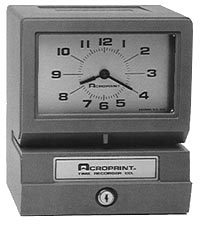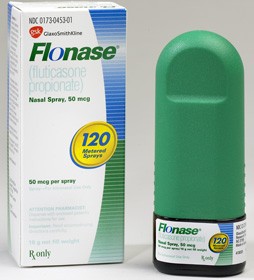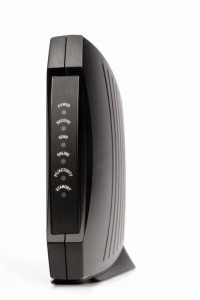 Top Class Action Lawsuits
Top Class Action Lawsuits
Minor League Baseball Players Hoping for Home Run? A federal class action lawsuit was filed this week on behalf of minor league baseball players who allege they are paid less than the Fair Labor Standards Act (FLSA) federal minimum wage. Aaron Senne, former Marlins player and lead plaintiff in class action, together with Co-plaintiffs Michael Liberto and San Jose Giants pitcher Oliver Odle filed the lawsuit, which claims: “Most minor leaguers earn between $3,000 and $7,500 for the entire year despite routinely working over 50 hours per week (and sometimes 70 hours per week) during the roughly five-month championship season. They receive no overtime pay, and instead routinely receive less than minimum wage during the championship season.” Who knew?
Here’s the skinny—according to the minor league class action—“Since minor leaguers do not belong to a union, nothing has prevented the defendants from artificially and illegally depressing minor league wages. Indeed, MLB’s exemption from antitrust laws has only made it easier. Given that MLB carefully controls the entryway into the highest levels of baseball, and given the young minor leaguer’s strong desire to enter the industry, MLB and the defendants have exploited minor leaguers by paying salaries below minimum wage, by not paying overtime wages, and by often paying no wages at all.” The lawsuit is seeking class certification and damages for FLSA minimum wage and overtime violations, recordkeeping requirements, state wage and hour violations, payday requirements, waiting time penalties, itemized wage statement violations, unfair business practices and quantum meruit.
The plaintiffs are also seeking an injunction preventing the defendants from implementing their unlawful practices and requiring them to pay all wages pursuant to state and federal law.
The named plaintiffs all wish to represent to Minor League Collective class, and classes that play in Florida, North Carolina and New York (Senne), Arizona (Liberto), and California (Odle). This should be interesting.
Is Jimmy Johns Under-Delivering on Wages? The delivery drivers think so. They filed a federal unpaid wage and hour class action lawsuit against Jimmy John’s Gourmet Sandwich shop this week. In fact, it was filed by Scott Lewis of Witchita, a delivery driver from Witchita, Kansas. The Jimmy John’s lawsuit alleges that Bushwood Investments LLC, which owns and operates more than 30 Jimmy John’s restaurants throughout the country, failed to properly compensate its 300 delivery drivers for the use of their own vehicles, and numerous other allegations. Read on.
According to the lawsuit (Lewis v. Bushwood Investments LLC, Case No. 2:13-cv-02610, in the U.S. District Court for the District of Kansas), Bushwood, which operates more than 30 Jimmy John’s restaurants across the country, makes its delivery drivers “use their own automobiles to deliver sandwiches and other food items to customers…Instead of compensating delivery drivers for the reasonably approximate costs of the business use of their vehicles, defendant used a flawed method to determine reimbursement rates.”
“[Jimmy John’s] delivery drivers incur costs for gasoline, vehicle parts and fluids, automobile repair and maintenance services, automobile insurance, depreciation, and cell phone use while delivering sandwiches for the primary benefit of the defendant,” the lawsuit states.
AND—the lawsuit states that Jimmy John’s delivery drivers are allegedly required to cover the costs of maintaining their vehicles in safe and in good working condition as well as paying for insurance coverage for the automobiles.
AND the lawsuit claims that Jimmy John’s does not reimburse its delivery drivers for insurance costs nor does it provide its drivers with GPS systems to use while driving but rather leaves drivers to rely on GPS systems the driver’s cell phones, for which they are also not reimbursed. Additionally, the lawsuit claims the defendant pays its employees through direct deposit or a payroll card from inTrust Bank, and so do not receive a paycheck stub which details how deductions and reimbursements are made. In order to get this information, the drivers must make special requests from the defendant.
Top Settlements
RBS Pays Up on Mortgage-Backed Securities Fraud….A consumer financial fraud class action lawsuit pending against Royal Bank of Scotland Group, PLC has reached preliminary settlement,with the bank agreeing to pay $275 million.
The lawsuit was brought by New Jersey Carpenters Vacation Fund et al against the financial institution alleging it misled investors regarding mortgage-backed securities.
Specifically, the lawsuit relates to over $15 billion of the issued mortgage-backed securities which the plaintiffs claimed were sold despite not meeting underwriting guidelines. No comment.
Ok—that’s it for this week—see you at the bar!









